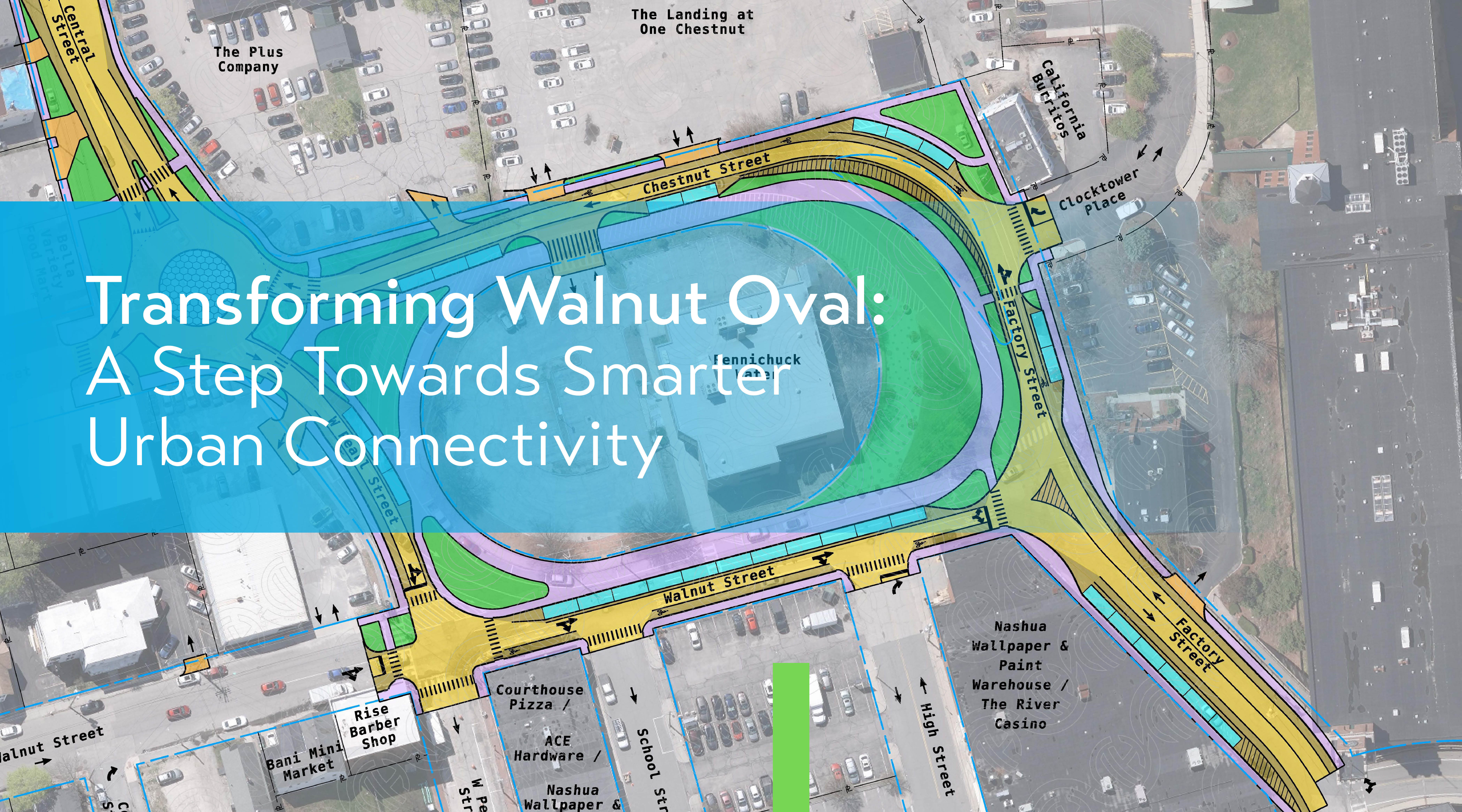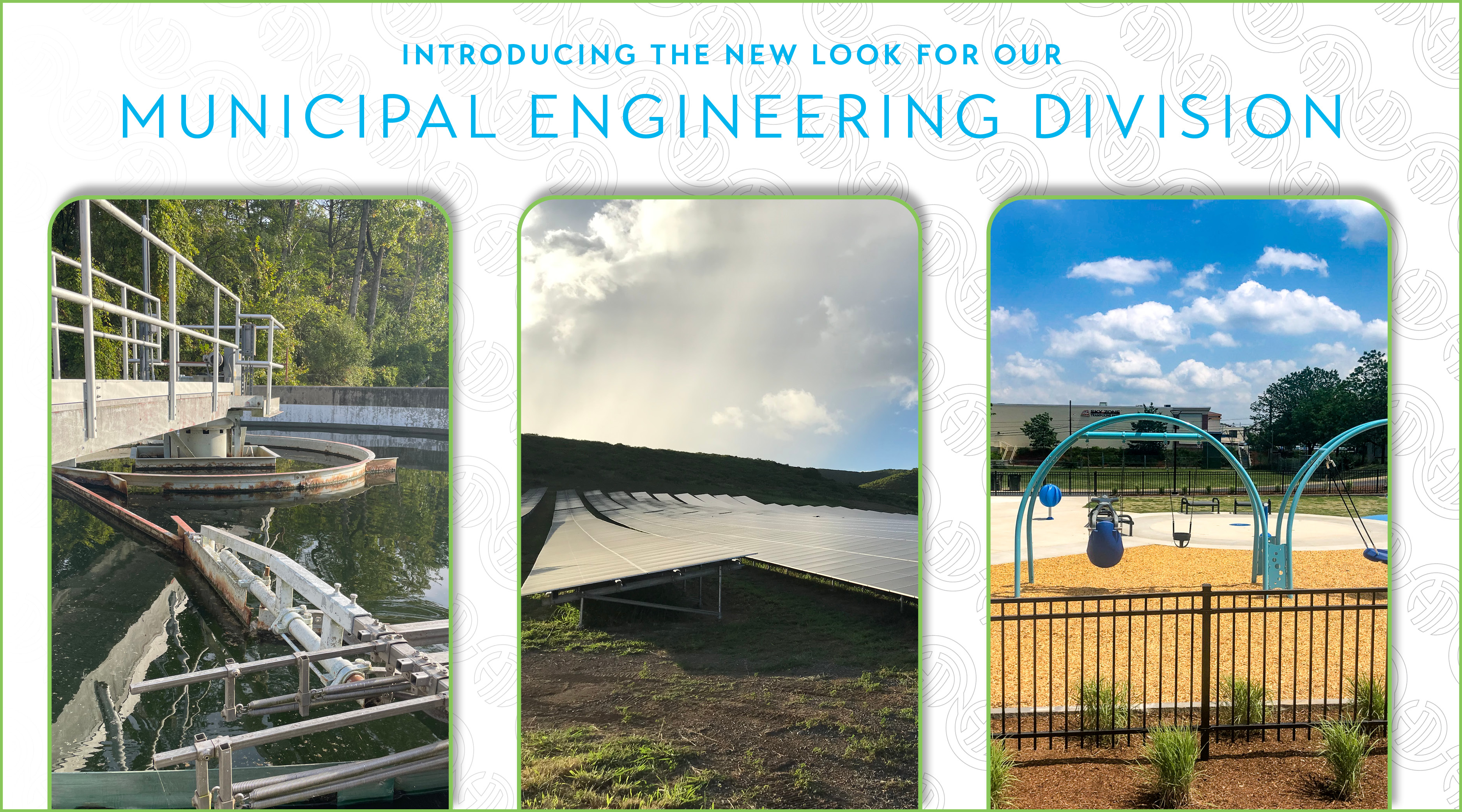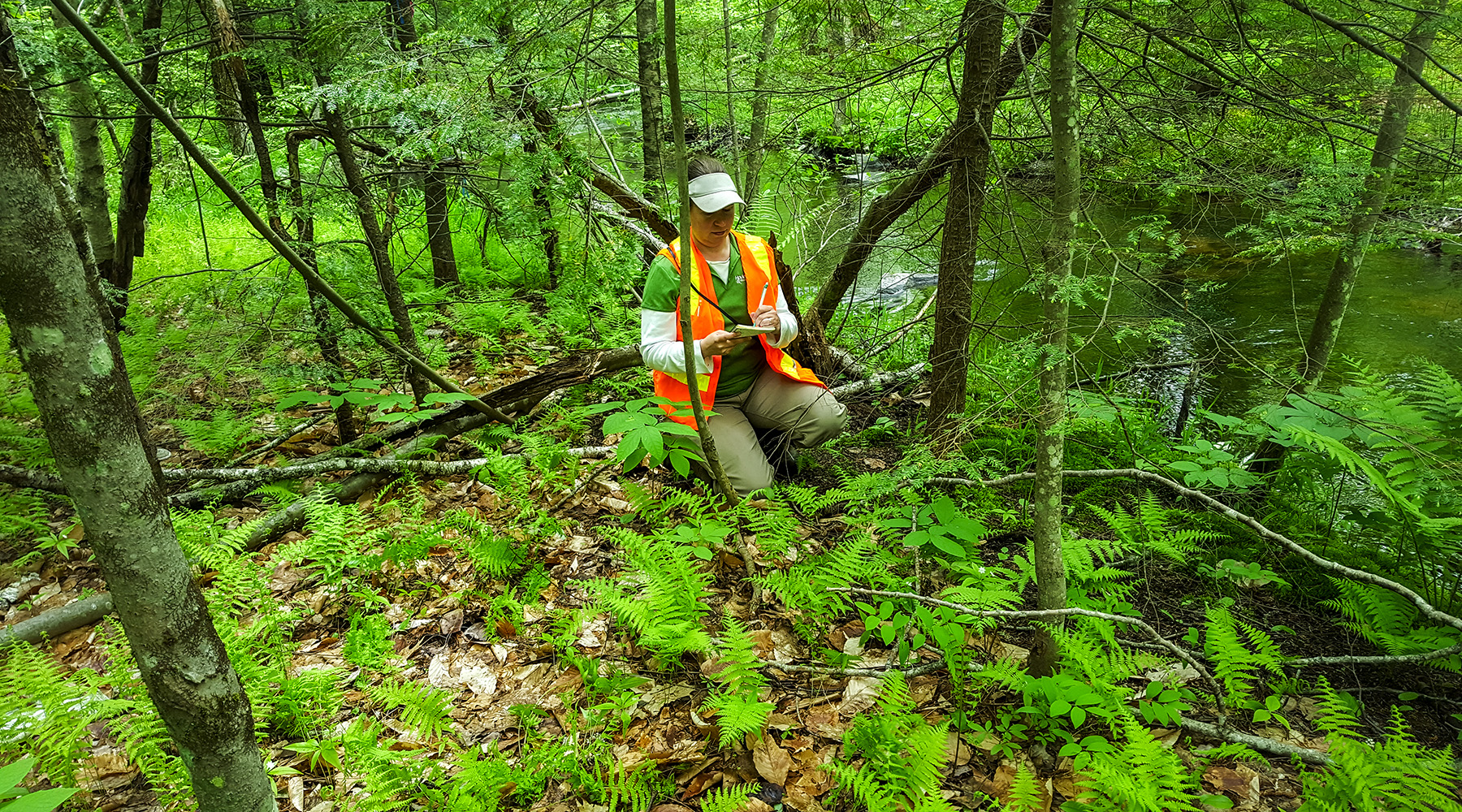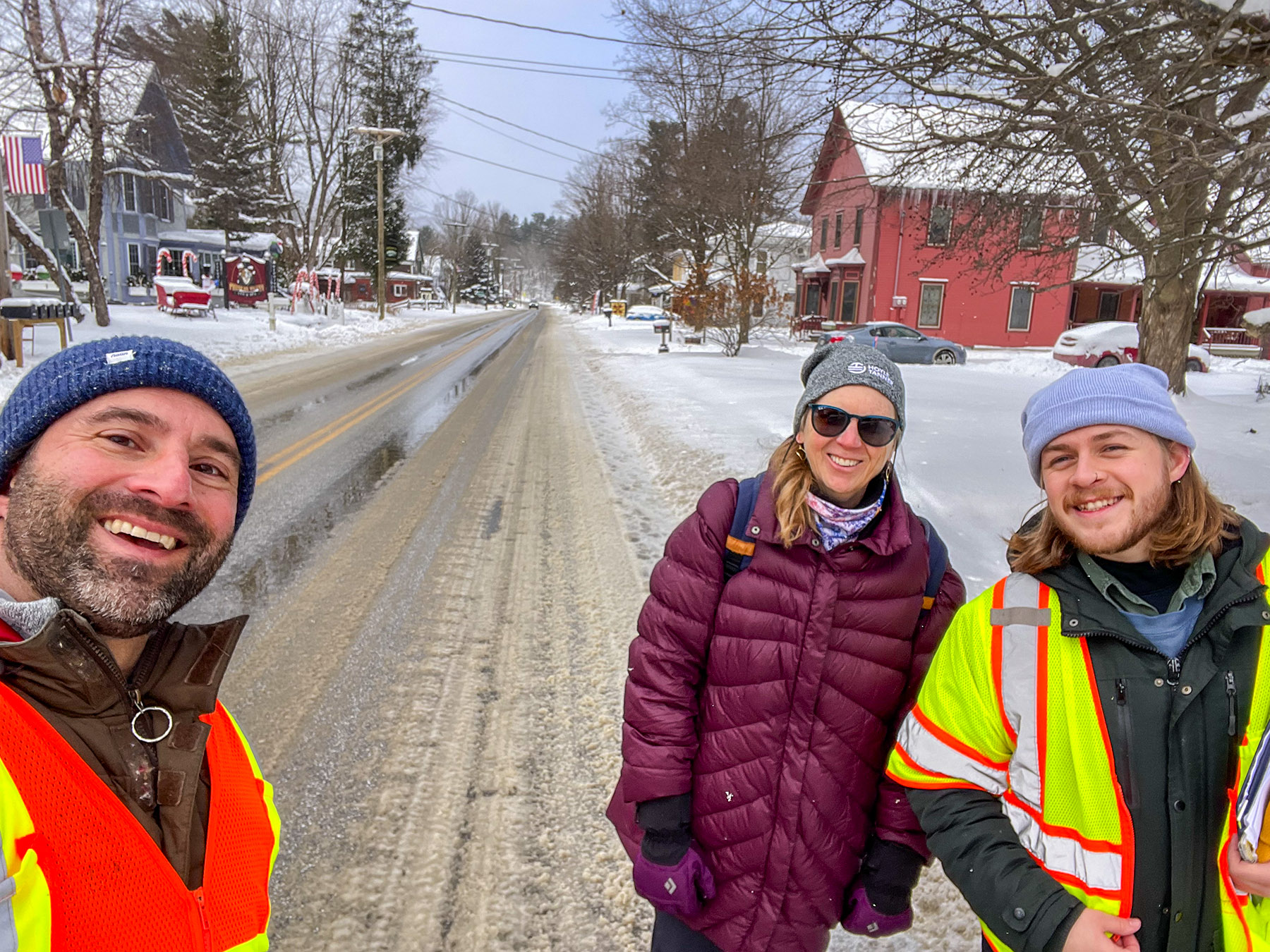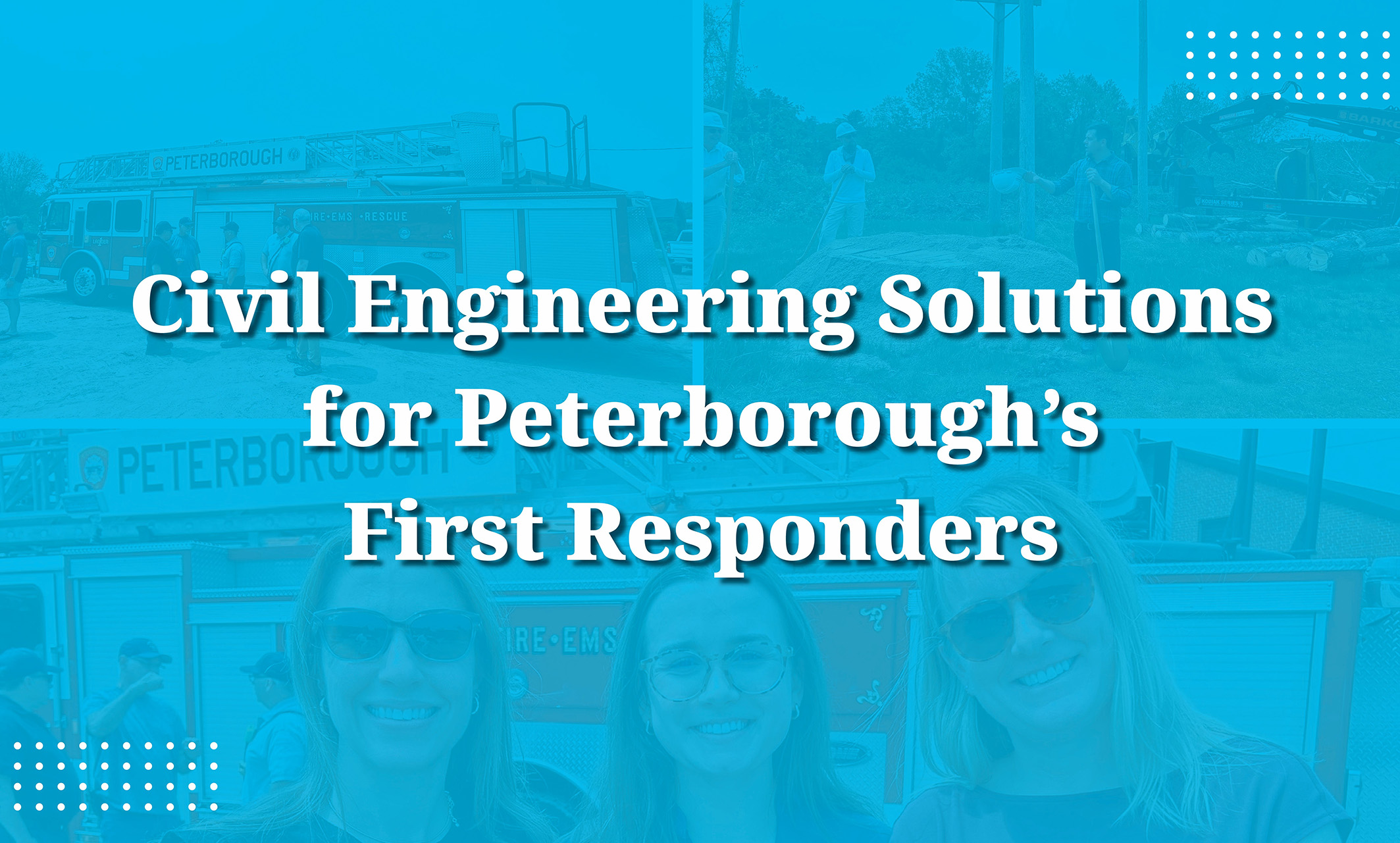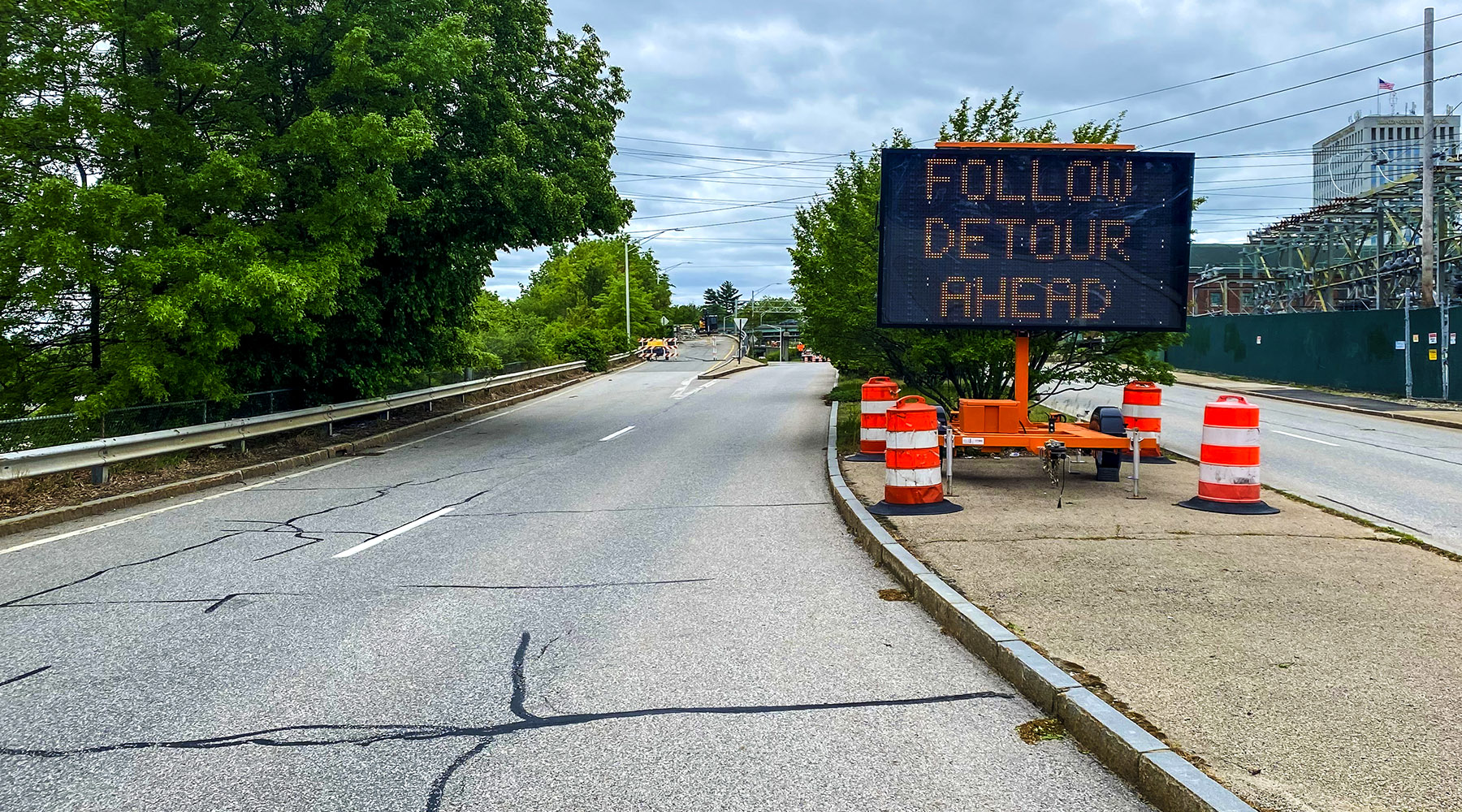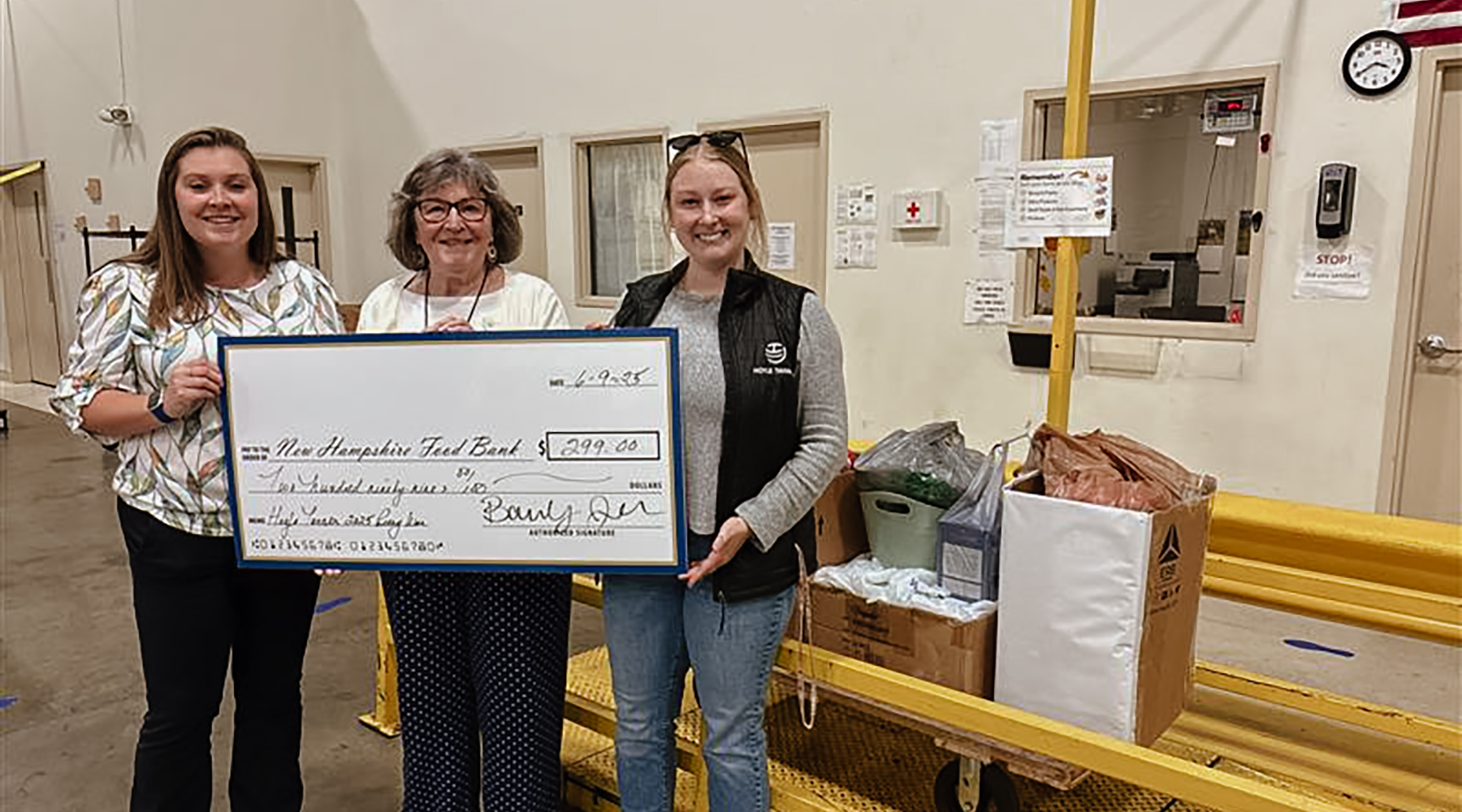We’re excited to have another professional get LPA certified in Maine! Sean James, PE, Senior Vice President, joins our growing number of LPA certified project managers, engineers and technicians who can coordinate on these specific projects. Sean has worked on dozens of LPA projects in the state of New Hampshire and is looking forward to bringing his tenured experience to LPA projects in Maine.
What is an LPA Project?
The Local Project Administration (LPA) program leverages local dollars with state or federal dollars through the Maine Department of Transportation (DOT) on a wide variety of projects statewide. These projects can include resurfacing and rebuilding of roads, intersection improvements and non-vehicular transportation alternatives such as sidewalk and shared-use paths, pier and float installations and bridge and culvert replacement.
Who is Eligible & for How Much?
An LPA project can be administered by a variety of organizations including municipalities, regional transportation agencies, education institutions and tribal governments. The selection of projects is competitive and includes a variety of programs including Transportation Alternative, Low-Use Redundant Bridge Program, Small Harbor Improvement Program and the Hazard Elimination Program. Funding reimbursement varies from 50 to 80 percent of the project’s eligible costs.
Is there Certification Required?
LPA program certification is required for all projects that include federal funding; however, the training is beneficial for non-federally funded programs as well. The certification program covers the financial aspects of projects, hiring consultants, project design including environmental review, utility coordination, Right-of-Way and construction administration. Hoyle, Tanner’s team includes LPA certified professionals who understand the program and assist our clients in meeting their project goals.
The Role of Consultants
Engineering consultants act as an extension of the owner’s organization and bring specialized technical and funding program experience to the project. The consultant’s role is to understand the purpose and need of the owner, to study and provide alternatives for consideration, turn the project vision into a final design and permit the project and finally provide assistance with bidding and construction administration and oversight as well as final project closeout for reimbursement.
The LPA program provides opportunity to improve our communities while minimizing the cost to local budgets. Our bridge, transportation and environmental teams have a wide variety of design and construction experience with LPA projects including bridges (vehicle and pedestrian), sidewalks, roadway improvement and safety and intersection improvements. For more information on how to get started and how we can assist in meeting your project goals, please contact Sean.

